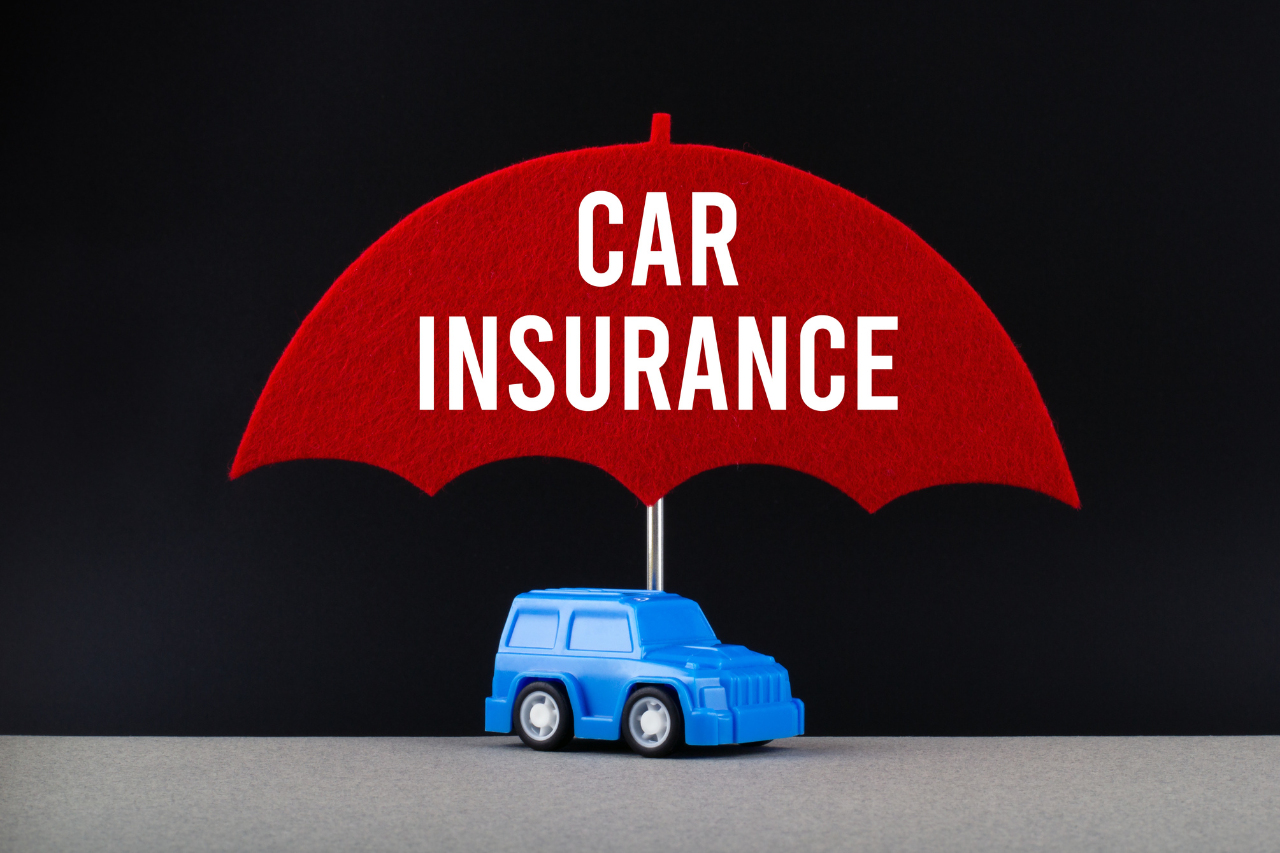
Unraveling Deductibles: Must-Knows!

Share:
What is a deductible?
An insurance deductible is the set amount you are required to pay out-of-pocket before your insurance company will start covering a claim. Your insurance company will not pay anything until you have met your deductible. For example, if you have a $500 deductible and you make a claim for $1,000, you will be responsible for the first $500 and your insurance company will pay the remaining $500. Insurance deductibles can apply to different types of insurance, such as auto insurance, health insurance, or homeowners insurance.
There are a few things to keep in mind when it comes to deductibles:
-Your deductible may be different for each type of insurance you have.
-You may be required to pay a higher deductible if you have a high-risk job or hobby.
-Your insurance company may offer a lower deductible if you agree to pay a higher premium.
Keep in mind that your insurance deductible is not the same as your out-of-pocket maximum. Your out-of-pocket maximum is the most you would have to pay in a year if you had to use your insurance. Once you reach your out-of-pocket maximum, your insurance company would cover the rest of your costs. Insurance deductibles are usually much lower than out-of-pocket maximums.
It’s important to understand how deductibles work before you make a claim. That way, you can be prepared to pay your deductible if necessary. If you have any questions about your insurance deductible, contact your insurance company. They will be able to give you more information about how deductibles work and how they apply to your specific policy.
What to consider before choosing an insurance deductible
When you’re choosing an insurance deductible, there are a few things to keep in mind. First, you’ll want to consider how much you can afford to pay out-of-pocket if you need to make a claim. If you have a high deductible, you’ll be responsible for a larger portion of the costs if you do need to make a claim. That means you’ll need to have the financial resources available to cover the deductible if necessary.
You’ll also want to consider your overall risk. If you live in an area that is prone to natural disasters, you may want to choose a lower deductible so you’re not responsible for as much of the costs if something does happen. On the other hand, if you are a safe driver, you may want to choose a higher deductible so you can get a lower premium.
Finally, you’ll want to compare deductibles across different insurance policies before you make a decision. Insurance deductibles can vary significantly from one policy to the next. By shopping around and comparing policies, you can be sure you’re getting the best deal on your insurance.
Types of insurance deductibles
There are two main types of insurance deductibles: per-incident and annual.
Per-incident deductibles apply to each individual claim you make. So, if you have a $500 per-incident deductible and you make two separate claims in one year, you’ll be responsible for paying $1,000 out-of-pocket.
Annual deductibles, on the other hand, apply to all of the claims you make in a year. So, if you have a $1,000 annual deductible and you make three separate claims in one year, you’ll be responsible for paying $3,000 out-of-pocket.
Insurance companies may offer different deductible options for different types of insurance. For example, you may have a per-incident deductible for your auto insurance and a separate annual deductible for your health insurance.
It’s important to understand the difference between these two types of deductibles before you make a decision. That way, you can be sure you’re choosing the deductible that’s right for you.
How to choose the right insurance deductible for you
When you’re choosing an insurance deductible, there are a few things to keep in mind. First, you’ll want to consider how much you can afford to pay out-of-pocket if you need to make a claim. If you have a high deductible, you’ll be responsible for a larger portion of the costs if you do need to make a claim. That means you’ll need to have the financial resources available to cover the deductible if necessary.
You’ll also want to consider your overall risk. If you live in an area that is prone to natural disasters, you may want to choose a lower deductible so you’re not responsible for as much of the costs if something does happen. On the other hand, if you are a safe driver, you may want to choose a higher deductible so you can get a lower premium.
Finally, you’ll want to compare deductibles across different insurance policies before you make a decision. Insurance deductibles can vary significantly from one policy to the next. By shopping around and comparing policies, you can be sure you’re getting the best deal on your insurance.
When it comes to choosing an insurance deductible, there is no one-size-fits-all answer. The right deductible for you will depend on your individual circumstances. By considering your risks and your finances, you can make sure you’re choosing a deductible that’s right for you.
Bottom line
When it comes to insurance, a deductible is the set amount you are required to pay out-of-pocket before your insurance company will start covering a claim. Insurance deductibles can apply to different types of insurance, such as auto insurance, health insurance, or homeowners insurance.
Most Popular


Navigate with Confidence: Policy Types

Mortgage Insurance 101: Understanding its Purpose & Necessity

Unraveling Comprehensive Policies!
Subscribe To Our Weekly Newsletter
Categories
Related Posts

Why Your Health Premiums Spiked
Share: If you’ve noticed that your health insurance premium has gone up, you may be wondering why. Many factors can contribute to an increase in the cost of your healthcare coverage, and there are a few key questions to consider when trying to understand why this happened. Does health insurance go up if you use

Navigate with Confidence: Policy Types
Share: Car insurance helps prevent the financial consequences of having an accident. Car Insurance coverage includes liability, collision, and medical payments. There are several types of insurance to consider when buying insurance for a car. Depending on the insurance company and insurance coverage, these insurance plans can vary in scope, cost, and payout benefits. When

Mortgage Insurance 101: Understanding its Purpose & Necessity
Share: Traditionally the target for a home downpayment is 20% of the purchase price, but this isn’t available for most homebuyers. Mortgage insurance gives borrowers a chance to pay less than 20% down on a mortgage. Mortgage insurance will protect the lender when or if the loan has gone into default. If you don’t have

Unraveling Comprehensive Policies!
Share: What is Comprehensive Auto insurance? Comprehensive car insurance is one of the coverage options that can be added to an auto insurance policy. A comprehensive auto insurance policy covers damage to your vehicle that is not caused by collision or theft. This can include damage from events such as fire, storm, hail, or vandalism.
